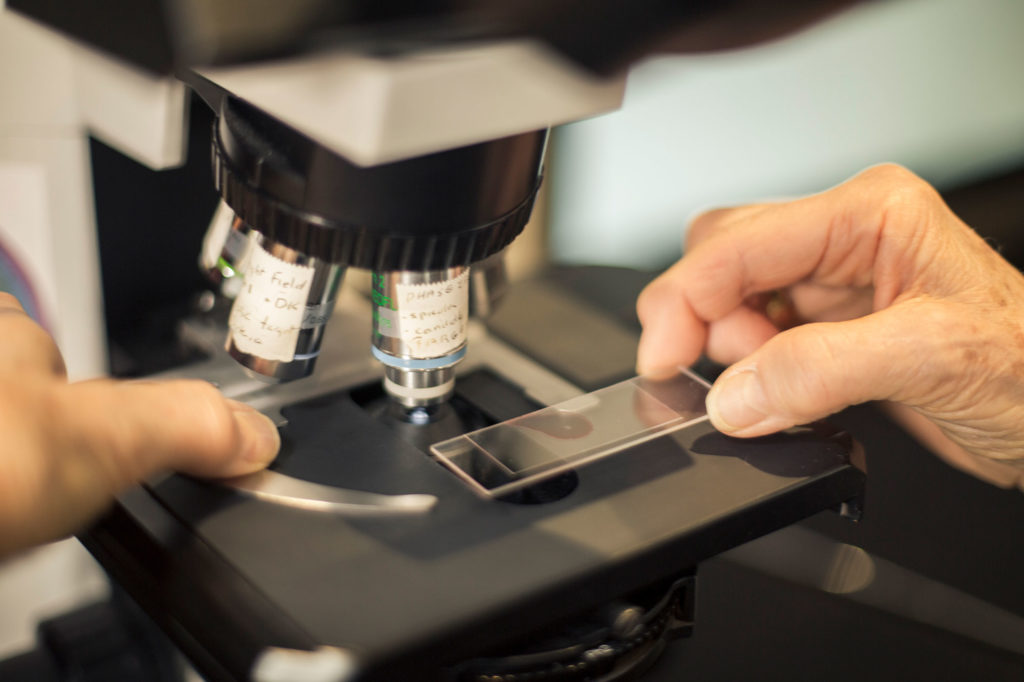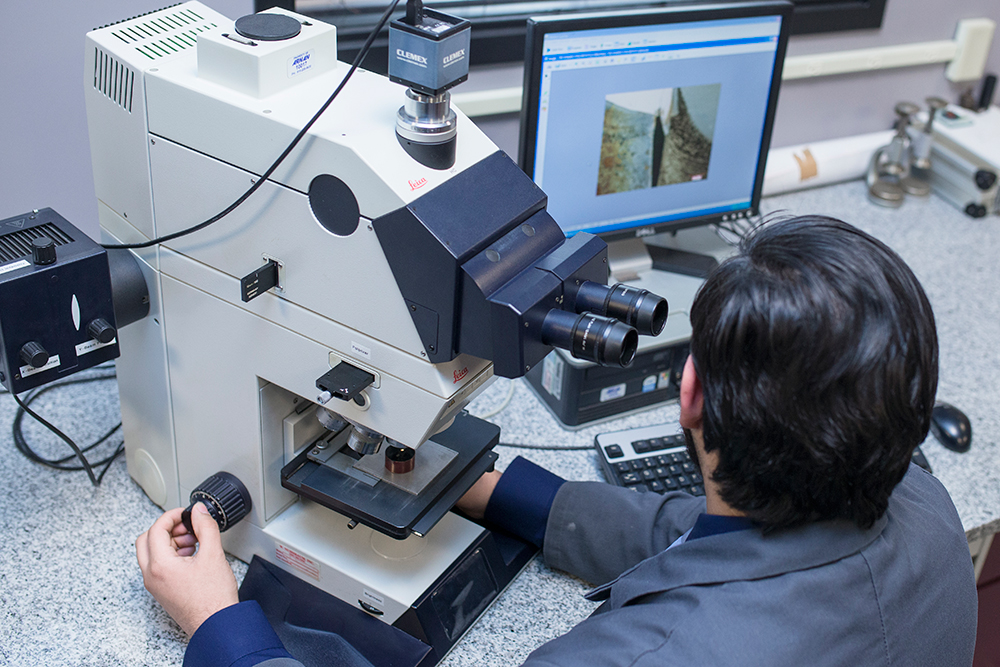
Corrosion is a natural phenomenon that no metal can escape. In fact, some of the metals on the periodic table are more susceptible to corrosion and rust more than others. While some metals are unreactive, and they don’t corrode easily, there are some many metals which are very reactive and corrode easily.

First Let Us Find Out What Is Rusting and Corrosion:
What Is Rusting?

When iron or any other alloys containing iron in it are exposed to water and oxygen for a longer time, it forms a layer of rust known as oxidation.
The process of oxidation is responsible for the rusting of iron. It’s important to note that not all oxidation processes cause rusting. Different metals corrode in different ways. Have you ever iron develop a reddish-brown coating on it? Well it means that iron has corroded. In particularly iron’s case, we call it rusting.
What Is Corrosion?

Have you ever seen a piece of silver that has become less shiny or has darkened over the time? It is due to corrosion that destroys the bright and shiny surface of silver.
When a metal loses its electrons to another element that accepts the extra electrons (eg: oxygen) in the presence of an electrolyte solution (eg: water) corrosion takes place. The electrolyte accelerates the corrosion process allowing the flow of electrons from metals to elements.
Since the two processes, reduction and oxidation happen at the same time, corrosion is also called redox reaction.
When a molecule accepts electrons, like oxygen does at the time of corrosion, that chemical reaction is called reduction.
On the contrary, when a molecule loses an electron, it is known as oxidation which is often a metal’s role in the redox reaction. Rust and the green colored layer on copper known as ‘patina’ is an example of oxidation reaction.
Do All Metals Rust?

When it comes to rusting, only iron metal and iron alloys do. Other metals on the periodic table like gold, silver, aluminum etc. corrode in a different manner. Besides susceptibility, it is also the amount of time that differs. (The time that different metals take to rust or corrode)
a). Copper
Copper does not rust, in fact, it corrodes and turns into a tarnished green color from its naturally occurring brown. Copper is extremely reluctant to corrosion in a natural environment. The reason behind its corrosion is the ‘erosion-corrosion’ that occurs due to turbulent water flowing for a long time. Metal testing labs test the copper pipes to check if they can withstand turbulent exposure to flowing water or not. However, copper lies below in the reactivity series, which means its susceptibility gets reduced when in contact with oxygen is low. Therefore you will see it being used in ship vessels, electrical elements, and even utensils to heat water.
b). Iron
Iron metal and alloys are easily prone to rust. When exposed to water and oxygen, iron takes only a few hours to rust. High temperature is also one of the reasons for rusting since it alters the chemical composition of the metal. Alloy testing labs test the properties of different alloys to check their susceptibility to rusting and corrosion.
c). Aluminum
Aluminum is less susceptible to corrosion than iron and other metals, given to is special reaction with water. When it comes in the contact of water, aluminum and oxygen atoms move apart from each other. This alters the molecular composition of aluminum to make it chemically inert. However, it does not corrode easily.
How to Prevent Metals from Rusting?

Rusting is a natural phenomenon that cannot be stopped but prevented or delayed. The high reactivity of some metals has deterred their use in some applications. The performance of a metal and its suitability for an application can be tested by a metal testing lab. Painting metal surface is one of the most common methods to avoid rusting. Sacrificial barriers, anti-rust solutions, and tin plating are some of the industrial methods used to prevent metals from rusting and corroding.